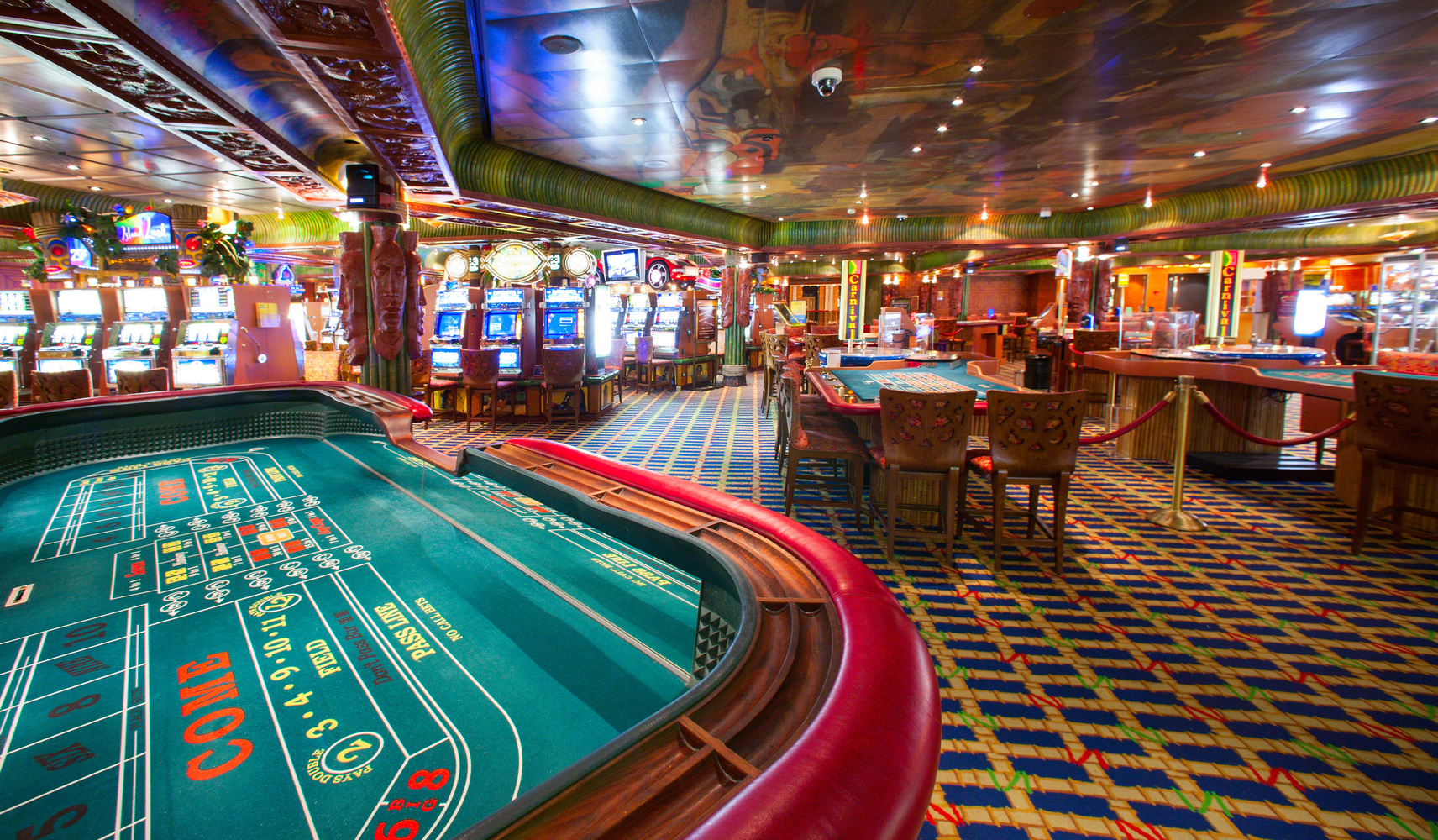
In the world of gambling, where chance and strategy converge, a unique tapestry of beliefs emerges—one that intertwines luck, fate, and the enigmatic nature of casino games. Casinos, bustling with excitement and anticipation, are not just spaces for placing bets; they are also arenas in which superstitions thrive. Ranging from the novice player to the seasoned gambler, these mysterious practices often shape how individuals approach the games they play, holding the belief that their actions can impact the outcome in ways that go beyond mere probability.
When players gather around roulette wheels, blackjack tables, and slot machines, the atmosphere is thick with stories of lucky charms, rituals, and codified behavior that defy logic yet provide a sense of comfort. Whether it’s wearing a specific outfit, following a particular sequence of bets, or even avoiding certain numbers, the attachment to various superstitions reflects a deep-rooted desire to master the uncontrollable. This article delves into the captivating world of casino game superstitions, examining the beliefs that both entertain and mystify those who dare to play.
Historical Origins of Superstitions
Gambling games have long been connected with an variety of superstitions that can be traced to early cultures. The origins of these ideas can be connected to humanity’s innate wish to influence the uncertain outcomes associated with chance and chance. In ancient civilizations, activities of chance were often connected to ritualistic practices. Players would call upon aid or request favor from deities, believing that their actions could change the outcomes in their benefit. This foundation laid the groundwork for the variety of superstitions that proliferated as casino games evolved over time.
During the medieval period, betting became a widespread hobby across the continent, and with it, a rich tapestry of superstitions emerged. Players adopted numerous rituals and charms, believing they could affect the consequences of games. The importance of digits, in particular, began to show in superstitions related to card games and dice. The number seven was often considered lucky, while various numbers carried bad connotations. These ideas mirrored the societal contexts of the time, evolving as they passed through generations and changed to new gaming environments.
As gambling houses developed in the 1600s, particularly in Italy and France, the atmosphere surrounding betting became steeped in mystique. The growing openness of gambling games allowed for the spread and growth of superstitions among players. Concepts like lucky charms, specific seating arrangements, and rituals gained prevalence, creating a special culture within casinos. As these practices continued to thrive, they became integral to the identity of casino games, illustrating how historical developments and society shape the notions that influence how gamblers connect with chance.
Widespread Casino Myths
Beliefs surrounding gambling games are plentiful and varied, mirroring the dreams and anxieties of gamblers as they participate in random activities. One of the most prevalent views is that specific numbers bring luck or bad luck. For example, the digit 7 is often seen as a favorable number, frequently sought after by gamblers looking for a favorable outcome. Conversely, the number 13 is routinely considered cursed, leading many gamblers to steer clear of it during their gaming periods.
Another frequent belief relates to rituals that gamblers believe can affect their chances. Whether blowing gently on dice before a throw, using a particular hand to place a wager, or even putting on specific items of attire, many individuals feel that these actions can tilt fate in their benefit. These practices offer a sense of power in an otherwise unpredictable environment, strengthening the idea that fortune can be manufactured through individual convictions and customs.
Lastly, the ambiance and atmosphere of the casino itself adds to superstition. Many gamblers suggest that the presence of specific symbols, such as four-leaved clovers or fortunate coins, can enhance their chances of success. Additionally, players might hold to the belief that victory streaks can be halted by mundane occurrences, such as someone passing by or a spill at the table. non GamStop casino The collective environment in a gambling house can amplify these superstitions, creating a communal culture of myths that transcends individual encounters.
Impact of Superstitions on Players
Superstitions play a significant role in the mindset of casino players, often affecting their actions and choices. A lot of gamblers think that luck can be influenced through different rituals, such as wearing a lucky charm, choosing particular hues, or avoiding certain numbers. This reliance on superstitions can create a feeling of control in an environment that is intrinsically unpredictable. Players often feel more self-assured and involved when they believe that their actions could sway the outcome of a game in their favor.
The impact of these superstitions extends beyond singular players, affecting the general atmosphere within the casino. For example, a player who holds the belief in the luck of a particular slot machine might draw a crowd, as others are fascinated by their apparent success. This collective belief can heighten excitement and create a lively environment, leading to an captivating experience even for those who may not necessarily be believers themselves. The excitement around certain games can lead to increased participation and extended playing sessions, supporting the casino’s lively social scene.
In some instances, superstitions can lead to detrimental effects for players. Depending too heavily on rituals can result in bad gambling decisions, as some may overlook basic strategies in favor of unfounded beliefs. Additionally, the stress to perform rituals may heighten anxiety and tension, detracting from the enjoyment of the experience. Ultimately, while superstitions can enhance the excitement of playing casino games, they can also lead to foolish choices that overshadow the fun and amusement intended in the casino experience.
